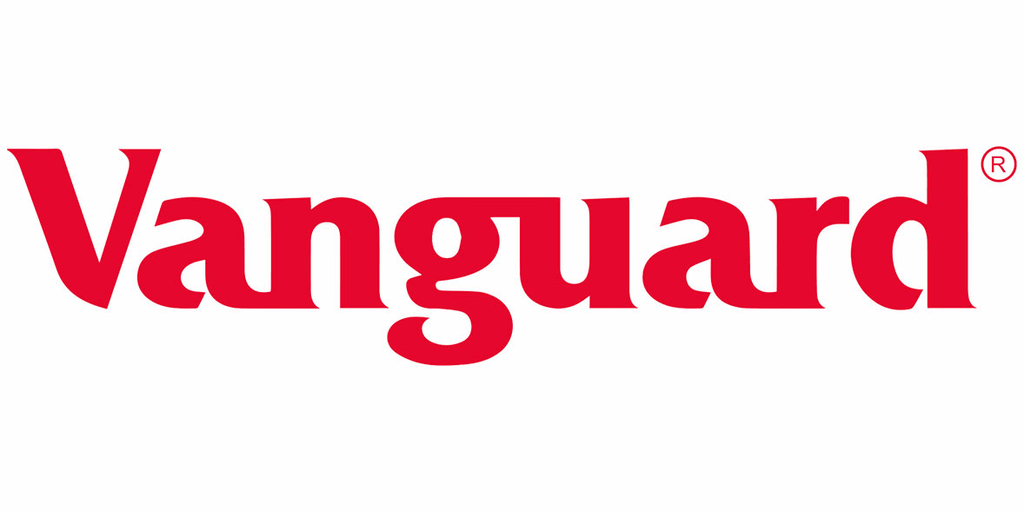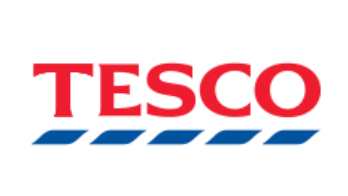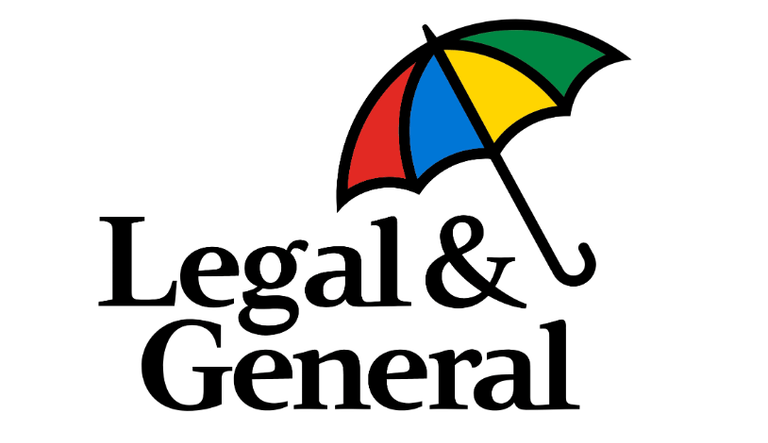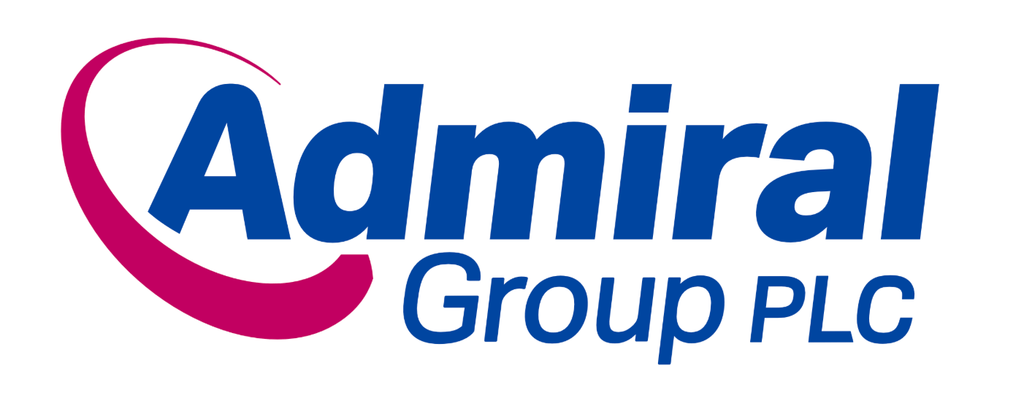Investing
Best Stocks for Beginners with Little Money

Investing can seem out of reach when you’re on a small budget. The old belief that it takes thousands of pounds or a finance degree still hangs around, but that’s no longer the case. With today’s trading apps, you can begin with a few pounds and still buy into the same companies that dominate the UK market or sit at the top of Wall Street.
The bigger challenge isn’t the amount of money, it’s knowing where to put it. Following hype or penny stocks often ends in losses, while steady, accessible options can build real value.
Let’s look at a set of options that rank among the best stocks for beginners with little money UK investors can realistically buy. These are companies and funds you can understand, access easily, and use as a base to build a portfolio step by step.
Understanding Stocks for Beginners
Owning a stock simply means holding part of a company. A share is just a fraction of everything that a business does to make money.
For new investors in the UK, the choices usually split into two directions. You can stay close to home with well-known names in the FTSE 100: supermarkets, banks, energy firms, or branch out to global companies like Apple and Microsoft.
👉 How to invest in the FTSE 100
High share prices are no longer a barrier. Many platforms now offer fractional investing, which lets you put in £5 or £10 and still gain exposure. ETFs take it a step further by bundling dozens of companies into a single trade, giving you instant diversification. You don’t need thousands saved to begin. With small amounts and the right tools, you can start now and let your portfolio grow steadily.
How to Start Investing in the UK with Little Money
Opening an account is quick and cheap today. Apps like Trading 212, Freetrade, and InvestEngine let you start with just a few pounds, and many now offer commission-free trades. This makes investing possible without worrying about costs eating into small contributions.
👉 Find out more about Trading 212 here: Trading 212 review
Watch the fees, as even small charges can cut into returns over time, so choose low-cost platforms and funds. Using a Stocks and Shares ISA is another smart step, it protects gains and dividends from tax, keeping more money compounding for you.
Setting up a regular monthly deposit, even £25, builds discipline and smooths out market ups and downs. Consistency beats timing the market every time.
Factors to Consider
Prices move every day, and sometimes very sharply, so you need to consider your risk tolerance. The longer you invest, the easier it is to ride out short-term swings. Don’t put everything in one company, spread it across sectors, or use an ETF to cut risk.
Decide whether you want steady dividends, which provide income, or growth-focused stocks that aim to expand over time. Neither is “better,” but knowing the difference helps match investments to your goals.
Finally, do some quick research. Look at how a company makes money, whether profits are stable, and if it has an edge over competitors. Even basic checks can save you from weak businesses.
Best Stocks for Beginners with Little Money UK
Starting with a small budget means you need shares and funds that are affordable, easy to understand, and worth holding for the long run. The options below cover a mix of diversification, steady dividends, and familiar names, five choices that stand out as the best stocks for beginners with little money UK investors can start with today.
Vanguard FTSE 100 UCITS ETF (VUKE)
VUKE trades around £40.30, offering instant exposure to the UK’s 100 largest companies in one purchase. The fund charges just 0.09% annually, which is vital for smaller portfolios where fees bite harder. Current yield is about 3.3%, giving both income and diversification.

For beginners, it removes the pressure of picking individual winners; you automatically hold banks, supermarkets, energy firms, and consumer brands. Affordable, diversified, and tax-efficient when held in an ISA, VUKE is one of the simplest ways to start investing with limited funds.
Tesco (TSCO)
Tesco shares are around 420p (£4.20), affordable for those starting out. As the UK’s biggest supermarket, its scale provides steady revenues and consistent cash flow. In 2024, sales topped £68 billion, while a £1.45 billion buyback programme and dividends yielding about 3–4% show management’s commitment to returning value.

For beginners, Tesco is attractive because the business is familiar and easy to track; you can see its performance in your own shopping basket. Reliable income and brand strength make it a straightforward stock for small portfolios.
Legal & General Group (LGEN)
Legal & General trades near 247p, with a standout dividend yield of about 8.5%, among the highest in the FTSE 100. The company has pledged to grow payouts by at least 2% annually until 2027, alongside buybacks. Earnings come from retirement products, asset management, and insurance, giving multiple cash streams.

For beginners, the appeal is clear: a low-cost entry point and a steady income flow that can be reinvested. It’s a practical choice if you want your portfolio to pay you back while you learn.
AstraZeneca (AZN)
AstraZeneca trades around £118 per share, but fractional investing lets you start with just a few pounds. The company reported revenue growth in 2024, underpinned by its oncology and immunology pipelines.

The dividend yield is around 2%, modest but reliable. For beginners, AstraZeneca offers exposure to healthcare, a defensive sector less tied to economic cycles, combined with growth from new treatments. Accessible through fractional shares, it adds global innovation to a starter portfolio.
Admiral Group (ADM)
Admiral shares cost about £36, and the insurer is known for generous dividends. The yield is roughly 6.5%, supported by profits of £839 million in 2024, almost double the prior year. A 121p final dividend, more than twice the year before, shows how it rewards shareholders.

Car insurance is a product everyone knows, making Admiral’s model straightforward to follow. For beginners with small budgets, it offers high income, accessible pricing, and a business you can relate to, a strong mix for learning while earning.
Tips for Beginners
Starting small works best when you build good habits early. One of the simplest is consistency: set up a monthly investment, even if it’s just £25, and let it run. Over time, those steady contributions matter more than trying to guess when the “perfect” moment is.
Reinvesting dividends is another easy win. Rather than taking the cash out, use it to buy more shares. This compounding effect grows your portfolio in the background.
Patience matters more than most beginners realise. Markets swing daily, and it’s easy to overreact to headlines. Sticking to your plan and focusing on years, not weeks, gives your investments the space to grow. Keep learning as you go, track results, follow updates, and use that knowledge to make smarter choices.
👉 You can download our e-book for free here to learn more about how to start investing
Common Mistakes to Avoid
New investors often slip up by chasing hype. A stock trending on social media might look tempting, but a quick buzz rarely lines up with long-term value. Buying without research is the fastest way to lose money.
Another mistake is concentrating everything in one company. Even if it feels “safe,” no single business is risk-free. Diversifying across sectors and funds helps soften the blow if one holding underperforms.
Fees are another silent drain. High platform charges or trading costs might not stand out at first, but over years they eat into small portfolios. Choosing low-cost platforms and funds makes a real difference.
And perhaps the most common trap: expecting fast profits. The market rewards patience, not urgency. Beginners who think in months instead of days are less likely to panic when prices swing.
Conclusion
You don’t need a big budget to invest. The best stocks for beginners with little money UK investors can buy are those that are easy to access, low-cost, and steady enough to build on.
ETFs like VUKE spread your risk instantly, while names like Tesco and Lloyds are familiar and straightforward. Legal & General and Admiral offer reliable dividends, and AstraZeneca brings global growth to the mix.
👉 What are the 7 best ETFs to invest in now?
The real win comes from consistency. Put in a set amount each month, reinvest dividends, and let time compound your returns. The earlier you start, the sooner your money begins to grow.
FAQs
Do I need a broker to buy the best stocks for beginners with little money UK?
Yes. Apps like Trading 212, Freetrade, and eToro let you buy shares directly, often without commission. Most now offer fractional investing and Stocks and Shares ISAs, so you can begin with small amounts while keeping costs and taxes low.
Should I stick to UK stocks or look abroad as well?
A mix is often better. UK names like Tesco or Lloyds are straightforward starting points, while adding global giants such as Apple or Microsoft gives you growth and diversification. Fractional shares mean you can hold both without needing large sums.
What’s the safest way to invest small amounts in the UK?
ETFs are the easiest entry point since they spread risk across many companies in one trade. Dividend stocks add income you can reinvest. Holding both inside a Stocks and Shares ISA makes your money work harder by shielding gains and payouts from tax.